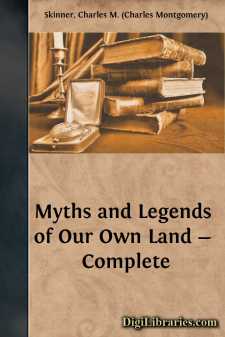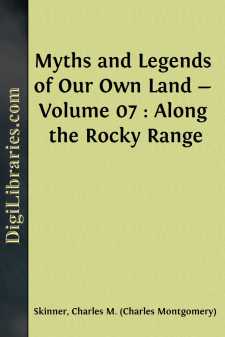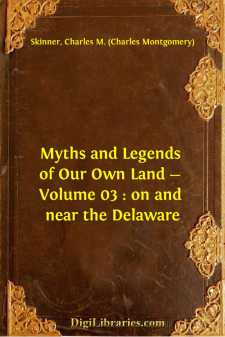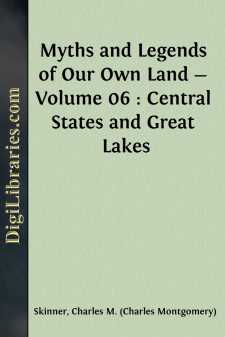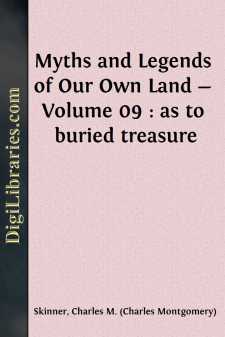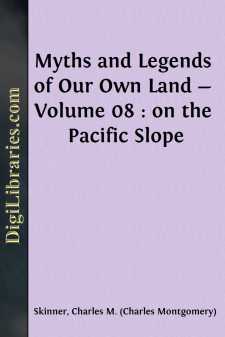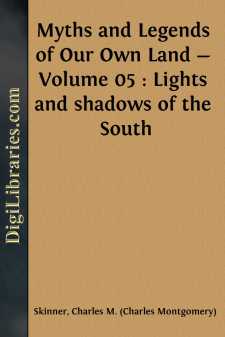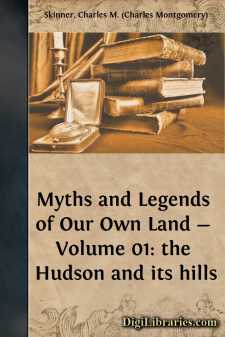Categories
- Antiques & Collectibles 13
- Architecture 36
- Art 48
- Bibles 22
- Biography & Autobiography 816
- Body, Mind & Spirit 145
- Business & Economics 28
- Children's Books 18
- Children's Fiction 14
- Computers 4
- Cooking 94
- Crafts & Hobbies 4
- Drama 346
- Education 58
- Family & Relationships 59
- Fiction 11831
- Foreign Language Study 3
- Games 19
- Gardening 17
- Health & Fitness 34
- History 1378
- House & Home 1
- Humor 147
- Juvenile Fiction 1873
- Juvenile Nonfiction 202
- Language Arts & Disciplines 89
- Law 16
- Literary Collections 686
- Literary Criticism 179
- Mathematics 13
- Medical 41
- Music 40
- Nature 179
- Non-Classifiable 1768
- Performing Arts 7
- Periodicals 1453
- Philosophy 66
- Photography 2
- Poetry 897
- Political Science 203
- Psychology 45
- Reference 154
- Religion 516
- Science 126
- Self-Help 86
- Social Science 82
- Sports & Recreation 34
- Study Aids 3
- Technology & Engineering 59
- Transportation 23
- Travel 463
- True Crime 29
Our website is made possible by displaying online advertisements to our visitors.
Please consider supporting us by disabling your ad blocker.
Myths and Legends of Our Own Land - Complete
Categories:
Description:
Excerpt
RIP VAN WINKLE
The story of Rip Van Winkle, told by Irving, dramatized by Boucicault, acted by Jefferson, pictured by Darley, set to music by Bristow, is the best known of American legends. Rip was a real personage, and the Van Winkles are a considerable family at this day. An idle, good-natured, happy-go-lucky fellow, he lived, presumably, in the village of Catskill, and began his long sleep in 1769. His wife was a shrew, and to escape her abuse Rip often took his dog and gun and roamed away to the Catskills, nine miles westward, where he lounged or hunted, as the humor seized him. It was on a September evening, during a jaunt on South Mountain, that he met a stubby, silent man, of goodly girth, his round head topped with a steeple hat, the skirts of his belted coat and flaps of his petticoat trousers meeting at the tops of heavy boots, and the face—ugh!—green and ghastly, with unmoving eyes that glimmered in the twilight like phosphorus. The dwarf carried a keg, and on receiving an intimation, in a sign, that he would like Rip to relieve him of it, that cheerful vagabond shouldered it and marched on up the mountain.
At nightfall they emerged on a little plateau where a score of men in the garb of long ago, with faces like that of Rip's guide, and equally still and speechless, were playing bowls with great solemnity, the balls sometimes rolling over the plateau's edge and rumbling down the rocks with a boom like thunder. A cloaked and snowy-bearded figure, watching aloof, turned like the others, and gazed uncomfortably at the visitor who now came blundering in among them. Rip was at first for making off, but the sinister glare in the circle of eyes took the run out of his legs, and he was not displeased when they signed to him to tap the keg and join in a draught of the ripest schnapps that ever he had tasted,—and he knew the flavor of every brand in Catskill. While these strange men grew no more genial with passing of the flagons, Rip was pervaded by a satisfying glow; then, overcome by sleepiness and resting his head on a stone, he stretched his tired legs out and fell to dreaming.
Morning. Sunlight and leaf shadow were dappled over the earth when he awoke, and rising stiffly from his bed, with compunctions in his bones, he reached for his gun. The already venerable implement was so far gone with rot and rust that it fell to pieces in his hand, and looking down at the fragments of it, he saw that his clothes were dropping from his body in rags and mould, while a white beard flowed over his breast. Puzzled and alarmed, shaking his head ruefully as he recalled the carouse of the silent, he hobbled down the mountain as fast as he might for the grip of the rheumatism on his knees and elbows, and entered his native village. What! Was this Catskill? Was this the place that he left yesterday? Had all these houses sprung up overnight, and these streets been pushed across the meadows in a day? The people, too: where were his friends? The children who had romped with him, the rotund topers whom he had left cooling their hot noses in pewter pots at the tavern door, the dogs that used to bark a welcome, recognizing in him a kindred spirit of vagrancy: where were they...?


